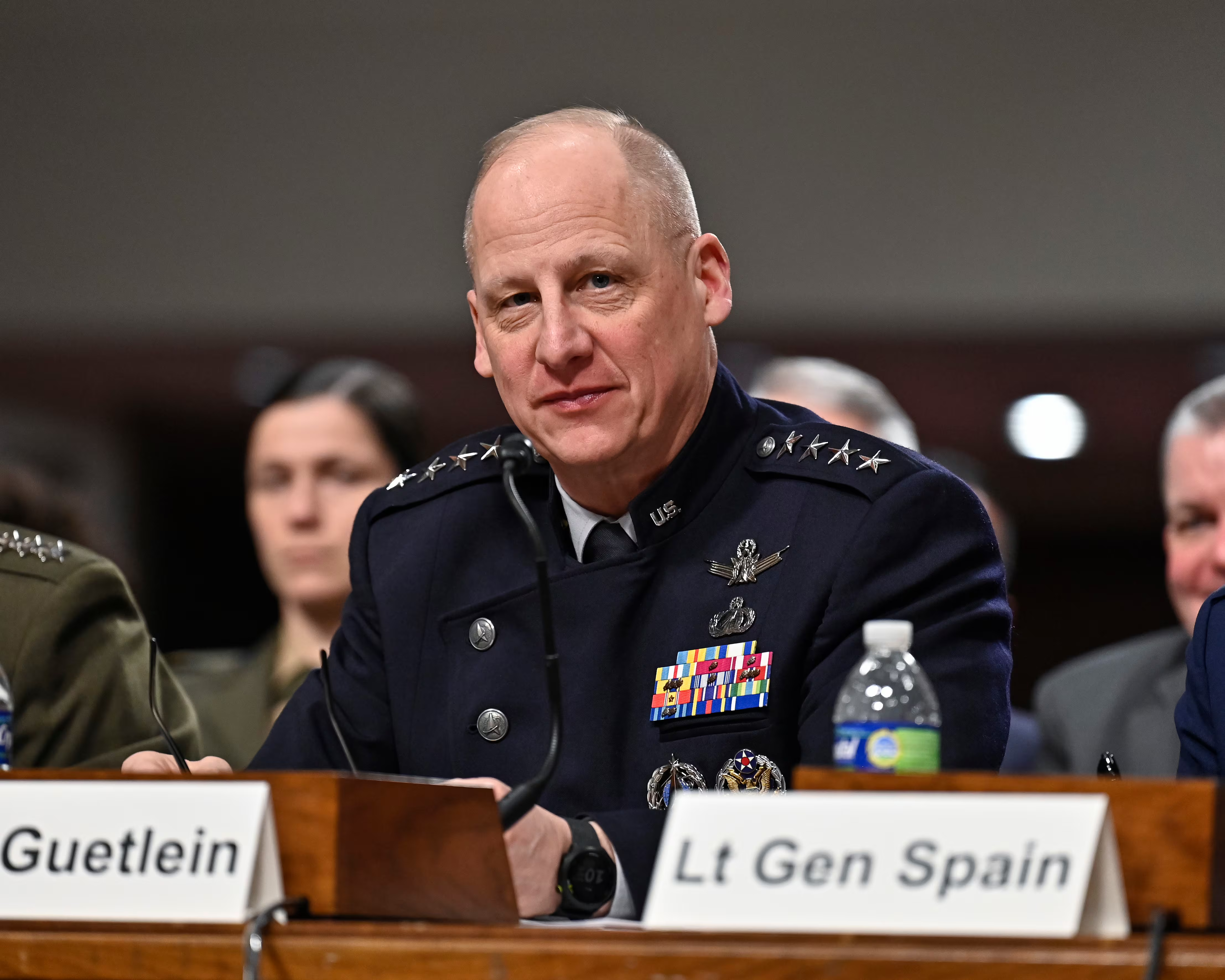PARIS ― A delay in the launch of an Anglo-French technology demonstrator for a combat drone has sparked uncertainty, with Britain’s approaching exit from the European Union a key factor, according to the chairman and CEO of Dassault Aviation.
“Naturally, Brexit worries the British authorities, and not just the British authorities but also British industry,” Eric Trappier said March 8 at a media conference on 2017 financial results. “We are at a time when it has to be decided to launch, or not, a demonstrator for a combat drone.”
A high-level Anglo-French working group is scheduled to meet March 29 to discuss progress on the program, but no announcement on the demonstrator’s fate is expected as a result of the gathering, an industry source said.
Industrial partners have worked in the last few years on a feasibility study on a Future Combat Air System, and the French GIFAS and CIDEF trade associations have called for cooperation with Britain on the launch of a demonstrator to cut the risk, Trappier said.
“But the launch expected at the start of the year has not appeared, which generates uncertainty,” he said.
Dassault, Safran and Thales have been working on the French side, while BAE Systems, Leonardo and Rolls-Royce are their British partners on the feasibility study.
The U.K. and France held a bilateral summit at Britain’s Royal Military Academy Sandhurst in January, but nothing new was announced regarding the launch of a demonstrator project.
“In the capabilities area, we largely completed feasibility work on the Future Combat Air System project,” according to the U.K. briefing document on the summit.
Britain lacks “visibility on the budget” because of Brexit, and the British are also dealing with the arrival of the F-35 Joint Strike Fighter, Trappier said. “This uncertainty poses questions, which leaves them inclined not to decide on some large programs,” he added.
RELATED

The future of a number of big-ticket programs and capabilities could be decided by a defense modernization review being conducted by the British. The outcome of the review could be made known by mid-summer.
The British National Audit Office recently said the Ministry of Defence could end up overspending as much as £20 billion (U.S. $28 billion) over the next 10 years if something isn’t done to remedy the problem.
The previous Anglo-French summit, held at Amiens, northern France, in March 2016 announced an agreement for a £1.54 billion project to build a prototype of the next-generation unmanned aircraft. Full-scale development of the prototype was due to start in 2017.
BAE is leading the British work on the combat drone, which is key to maintaining engineering skills beyond the Eurofighter Typhoon jet in which the U.K. company is a partner.
“We continue to work on the Anglo-French unmanned demonstrator program,” BAE said. “This important work not only contributes to the sovereign capability and national security of both nations but helps to sustain the unique engineering skills-base required to develop the next generation of aircraft.”
British authorities say they are committed to working with their French counterparts on the combat drone.
“The U.K. is committed to the collaboration on unmanned combat air systems (UCAS) with our French partners in line with the Lancaster House treaty and subsequent agreements (e.g. Amiens 2016),” the MoD said. “We are working closely with our French colleagues and both U.K. and French industry to identify a way forward that meets our respective operational and industrial capability requirements.”
Britain has said it will continue to work closely with European allies in defense and security after leaving the EU. The 2010 Lancaster House treaty set close ties for industrial and military cooperation between France and the U.K.
The future of British involvement in unmanned combat air vehicle development will likely be a key element of MoD work set to start in the summer to map out an industrial combat air strategy.
“The strategy will examine the operational capability needed in the future and the skills and resource required to deliver it. The work will take new and emerging technology into account, as well as export potential, whilst testing British industry’s ability to deliver our future requirements,” the MoD said when it announced the initiative Feb. 21.
Andrew Chuter contributed to this story from London.








